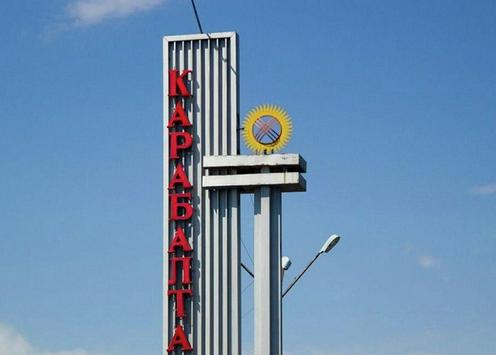The State Committee for National Security (SCNS) of Kyrgyzstan has detained the mayor of Kara-Balta, Mirlan Dzhekshenov, on suspicion of embezzlement in a municipal bus procurement deal. The alleged damage to the state exceeds 17 million som (approximately $195,000), Kaktus.media reports, citing the SCNS.
According to the committee, municipal officials purchased 17 Chinese-made buses at inflated prices, resulting in personal gains of around 17 million som for those involved.
A criminal case on corruption charges has been opened against city hall officials and heads of contracting companies involved in the supply of buses and specialized equipment.
The SCNS reported that on June 30, Mayor Dzhekshenov and the head of the Municipal Road Construction Directorate, identified as S.Sh., were detained and placed in a temporary detention facility operated by the national security service.
In addition, authorities have launched an investigation into the use of 1 billion som (around $11.5 million) allocated to the Kara-Balta city government.
The SCNS also alleged that the head of a contracting company involved in road repairs attempted to discredit the agency's anti-corruption efforts by hiring “dishonest bloggers” to publish provocative content online targeting security service personnel. Cases of blackmail against SCNS officers have also been uncovered.
The suspects have been detained, and Bishkek’s Pervomaisky District Court has ruled to place the head of the company “Plaza” and three bloggers in pre-trial detention at an SCNS facility.
This marks the second case in a week involving a mayor facing criminal charges. On June 24, Tokmak Mayor Maksat Nusuvaliyev was arrested during a government meeting, following a direct order from SCNS chief Kamchybek Tashiyev.
In the wake of these arrests, President Sadyr Japarov announced a large-scale audit of government officials, citing the examples of Tokmak and Kara-Balta, which each received 1 billion som in funding. The president lamented that, despite these significant investments, local leaders and contractors became mired in corruption instead of improving the cities.










